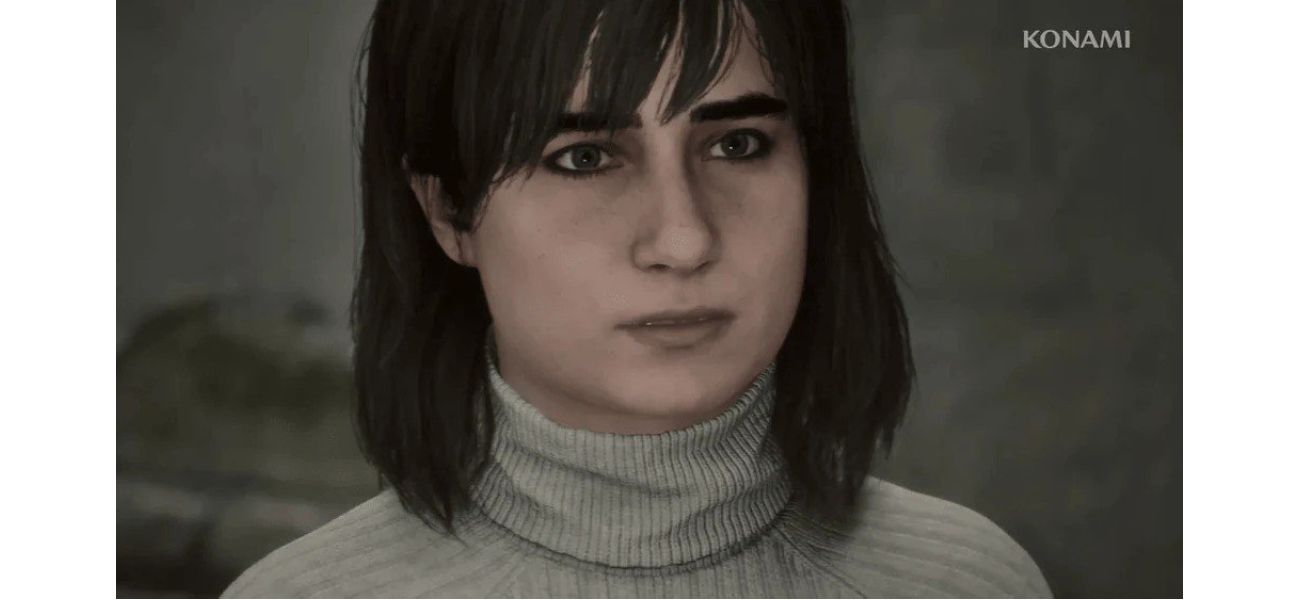Video game enthusiasts are the most frustrating, in my opinion - Reader's Feature.
Reader ashamed to admit gaming hobby publicly, believes stigma worse now with rise of nerd culture.
October 12th 2024.

When I was younger, being labeled a "nerd" simply meant that you were unpopular, uncool, and maybe a bit of a know-it-all. Back then, the idea of "nerd culture" didn't really exist. Sure, people assumed that we liked things like Star Trek, video games, and comic books, but it wasn't really a big deal. We were just the outcasts, the ones who didn't fit in with the "cool" crowd. And honestly, that's all that mattered to us.
But now, things have changed. Nerd culture has become mainstream, and while it's still not exactly considered "cool," it definitely has a huge influence on popular culture. I think it's because of the internet - once it became such an important part of our society, people started to see the value in the things that nerds were into.
Unfortunately, with great power comes great responsibility, and now that nerds have a strong influence, some of them have started to use it in a negative way. They spend their time online hassling and haranguing others over trivial things like the accuracy of a superhero's costume or a minor detail in a Star Wars movie. It's almost as if the less important the issue is, the more people will fight over it.
And don't even get me started on the gaming community. I was reminded of this recently when I heard about the controversy surrounding the Wikipedia page for Silent Hill 2. Apparently, some gamers were upset that the game received positive reviews, so they tried to alter the page to make it seem like it didn't. It's ridiculous - all because one minor character was deemed to be more attractive in the original version of the game.
But this is just one example of the extreme behavior that has become all too common in the gaming world. We hear stories of death threats, swatting, and petitions to change or cancel games. It's gotten so out of control that I've made a conscious decision to never tell strangers that I'm a gamer. I don't want them to associate me with the negative connotations that have become attached to the label.
It's ironic, really. As a kid, I wouldn't admit to being a gamer because I didn't want to be seen as nerdy and uncool. Now, I keep it quiet because I don't want to be mistaken for one of those online psychos with an inflated sense of entitlement. It's a shame that things have come to this.
But I can't help but wonder - who are these people behind the hateful and angry comments online? Are they just regular folks hiding behind a screen, or do they truly have such toxic personalities? It's hard to say for sure, but I've never met anyone in real life who talks about games (or anything else) with that level of vitriol.
In the end, I've come to the conclusion that the best way to deal with these types of gamers is to simply ignore them. They may seem like a loud and dominant presence online, but in reality, they are a small minority. And I refuse to let their hateful attitudes define what it means to be a gamer.
So, to all the gamers out there who share my love for this hobby, don't be ashamed to call yourself one. And to those who use their influence to spread negativity and hate, I have one simple life hack for you: if you don't like something, just don't buy it. That will send a much clearer message than any online petition or death threat ever could. Let's focus on the positive aspects of gaming and leave the toxicity behind.
But now, things have changed. Nerd culture has become mainstream, and while it's still not exactly considered "cool," it definitely has a huge influence on popular culture. I think it's because of the internet - once it became such an important part of our society, people started to see the value in the things that nerds were into.
Unfortunately, with great power comes great responsibility, and now that nerds have a strong influence, some of them have started to use it in a negative way. They spend their time online hassling and haranguing others over trivial things like the accuracy of a superhero's costume or a minor detail in a Star Wars movie. It's almost as if the less important the issue is, the more people will fight over it.
And don't even get me started on the gaming community. I was reminded of this recently when I heard about the controversy surrounding the Wikipedia page for Silent Hill 2. Apparently, some gamers were upset that the game received positive reviews, so they tried to alter the page to make it seem like it didn't. It's ridiculous - all because one minor character was deemed to be more attractive in the original version of the game.
But this is just one example of the extreme behavior that has become all too common in the gaming world. We hear stories of death threats, swatting, and petitions to change or cancel games. It's gotten so out of control that I've made a conscious decision to never tell strangers that I'm a gamer. I don't want them to associate me with the negative connotations that have become attached to the label.
It's ironic, really. As a kid, I wouldn't admit to being a gamer because I didn't want to be seen as nerdy and uncool. Now, I keep it quiet because I don't want to be mistaken for one of those online psychos with an inflated sense of entitlement. It's a shame that things have come to this.
But I can't help but wonder - who are these people behind the hateful and angry comments online? Are they just regular folks hiding behind a screen, or do they truly have such toxic personalities? It's hard to say for sure, but I've never met anyone in real life who talks about games (or anything else) with that level of vitriol.
In the end, I've come to the conclusion that the best way to deal with these types of gamers is to simply ignore them. They may seem like a loud and dominant presence online, but in reality, they are a small minority. And I refuse to let their hateful attitudes define what it means to be a gamer.
So, to all the gamers out there who share my love for this hobby, don't be ashamed to call yourself one. And to those who use their influence to spread negativity and hate, I have one simple life hack for you: if you don't like something, just don't buy it. That will send a much clearer message than any online petition or death threat ever could. Let's focus on the positive aspects of gaming and leave the toxicity behind.
[This article has been trending online recently and has been generated with AI. Your feed is customized.]
[Generative AI is experimental.]
0
0
Submit Comment





